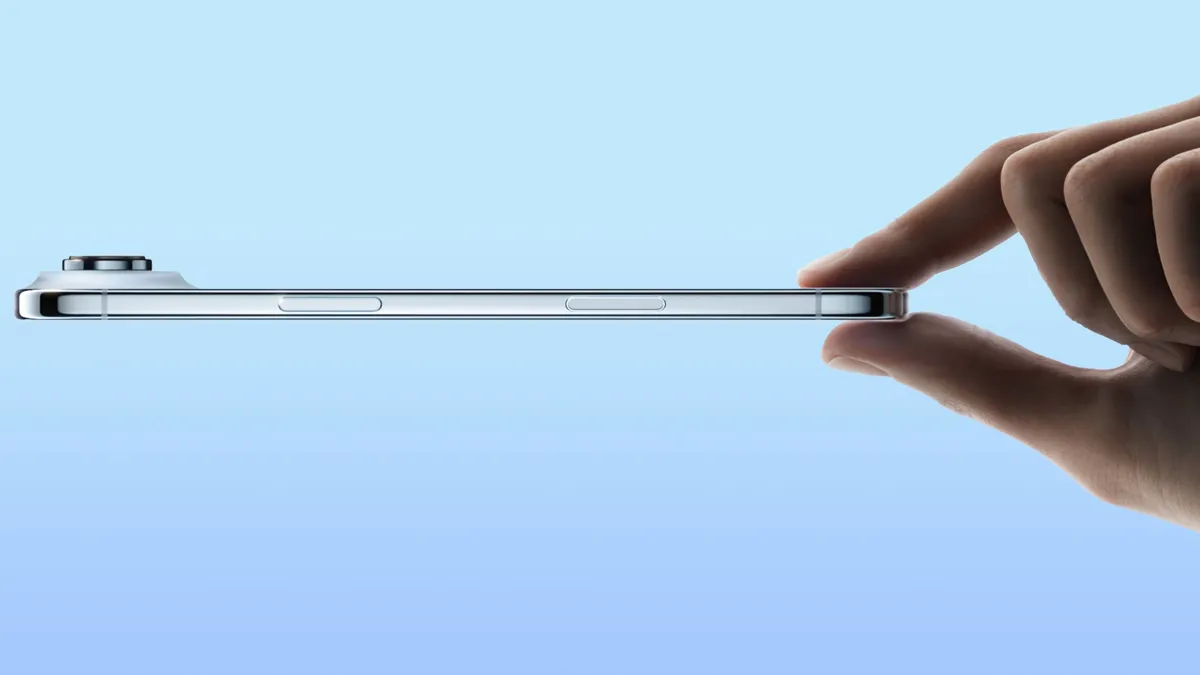
Apple has officially unveiled its new iPhone Air, which boasts an ultra-thin design measuring just 5.6mm at its thinnest point. This impressive design makes the iPhone Air the thinnest iPhone ever released, surpassing the previous record held by the iPhone 6, which had a frame thickness of 6.9mm. While the iPhone 6 was notorious for its tendency to bend, particularly in extreme scenarios showcased in YouTube videos, the question on everyone's mind is whether the iPhone Air will face similar issues.
In a recent video shared with Tom's Guide, Apple conducted rigorous testing to evaluate the durability of the iPhone Air. The device was subjected to a machine that simulated a pressure of 130 pounds applied to the center of the phone. According to the report, the iPhone Air demonstrated remarkable resilience, springing back to its original shape without showing any lasting curvature post-testing. For those interested, the full testing video can be found in their detailed report.
While the initial results from Apple's testing suggest that the iPhone Air should be bend-proof in most, if not all, real-world scenarios, independent third-party tests are still awaited to confirm these findings. However, early indications show that the iPhone Air is less likely to bend compared to its predecessor, the iPhone 6. A significant factor contributing to this enhanced durability is the device's construction; the iPhone Air features a titanium frame, in contrast to the aluminum frame used in the iPhone 6.
Apple claims that the iPhone Air exceeds its stringent bend strength requirements, proudly labeling it as the most durable iPhone to date. The company has also released several other durability test videos, including one showcasing the innovative Ceramic Shield 2 front cover on the iPhone 17 models. This new cover is designed to offer three times better scratch resistance compared to its predecessor, ensuring that your device remains looking pristine for longer.
Additionally, Apple has subjected the iPhone 17 Pro to simulated drop tests, with results that are unsurprisingly favorable, given that these videos come directly from Apple. While the results appear promising, real-world tests will ultimately provide a clearer picture of how these devices perform under everyday conditions.
In conclusion, the new iPhone Air is not only the thinnest iPhone ever made but also promises to be one of the most durable, thanks to its innovative materials and construction methods. As we await further independent testing, early reports indicate that Apple has made significant strides in both design and durability with the iPhone Air.